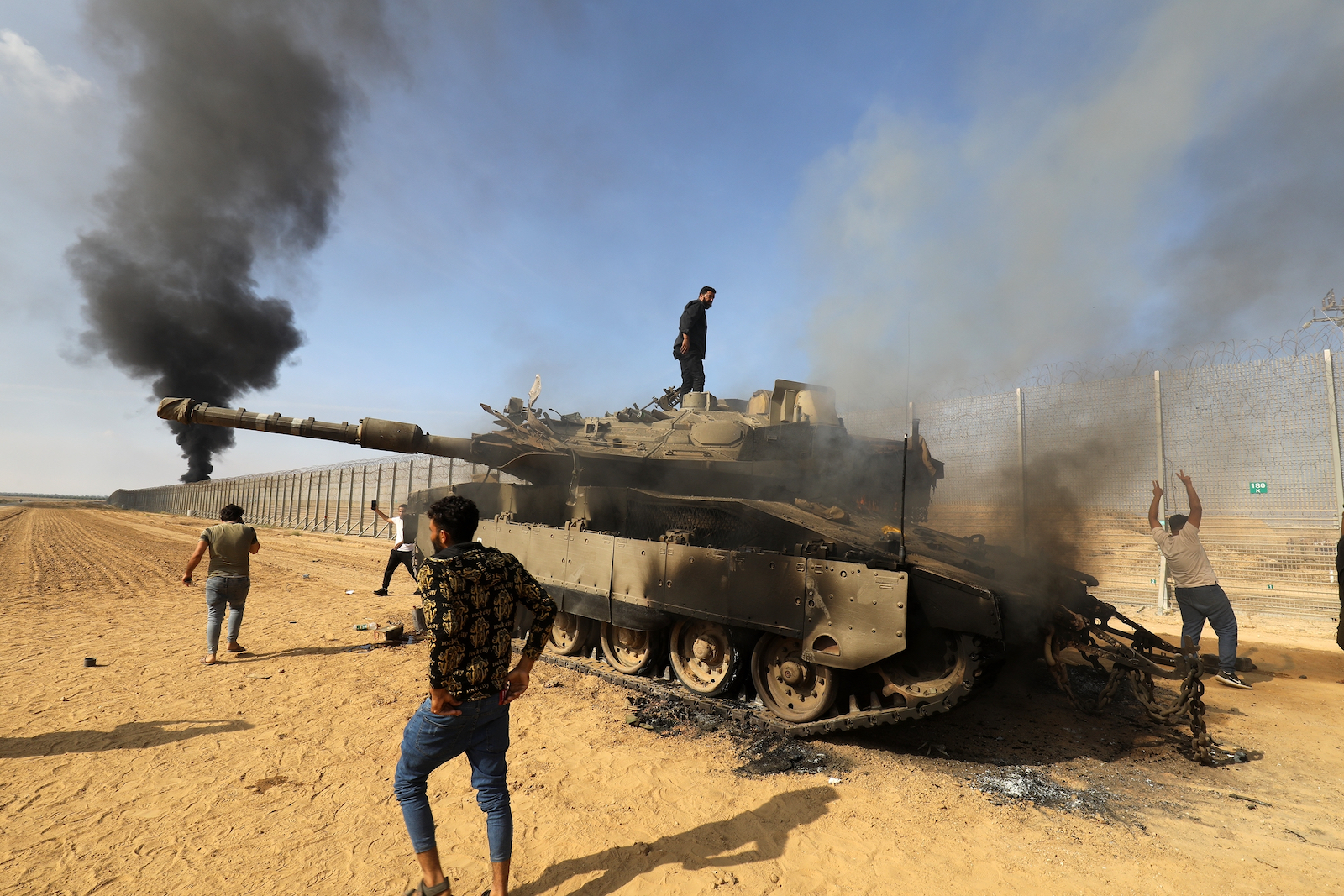
The Two Ticking Clocks of Israel
When the modern state of Israel was born in 1948, it was not welcomed by most Arab countries, including Egypt, Iraq, Lebanon, Saudi Arabia, Syria, and Yemen. The vote at the United Nations General Assembly tallied 33 nations in favor of Israel’s creation, 13 opposed, and 10 abstentions. Notably, UN Resolution 181 did not partition Palestine nor provide legal authority for the unilateral declaration of Israel’s existence. Emerging from the vestiges of the League of Nations, the United Nations drew upon earlier frameworks, including the Sykes-Picot Agreement of 1916 and the Balfour Declaration of 1917. Amidst the moral urgency that followed the Holocaust, international efforts were expedited.
Even now, a number of Arabs harbor reservations about Israel’s formation and its geographical placement. The recent commemoration of the Yom Kippur War in 1973 serves as a poignant reminder of several Arab-Israeli conflicts that have ensued since 1948. It was the Camp David Accords, overseen by President Jimmy Carter, that carved a pathway to peace between Israel and Egypt. Both nations have since been the recipients of considerable and sustained financial aid from the United States.
Flash forward to 2017: former President Donald Trump unilaterally recognized Jerusalem as Israel’s capital, transforming it from a city of international status. Additionally, he orchestrated a coalition—comprising Arabs, Egypt, Israel, and the U.S.—to counter Iranian influence. With the recent normalization of relations between Israel and several Arab countries like the United Arab Emirates, one might presume progress in the Middle East. Yet, why has Hamas reignited conflict? What role will the international community play? What end state will we arrive at? It appears Israel is racing against two ticking clocks.
Palestinians seem to have little option but to resist. Opposition to Israeli occupation is not only their right but is also mandated by the illegality of Israeli outposts and settlements. The U.S., staunchly aligned with Israel, not only provides financial support but also employs its UN veto power predominantly in matters concerning Israel. The proclamation of Jerusalem as the Israeli capital marked a dismal turning point, compounded by the growing alignment of other Arab countries with Israel and the U.S. against Iran. This left Palestinians feeling increasingly isolated. They continue their resistance, having likely lost more than 75% of their initial land over the years, while Israel continues its settlement activities.
Furthermore, the Palestinian people are a divided entity, both ideologically and geographically. Communities exist in the West Bank, the Gaza Strip, Jordan, and an expansive diaspora. Fatah commands the West Bank, while Hamas rules in Gaza—each adopting contrasting strategies. Fatah leans toward electoral politics, whereas Hamas prefers armed resistance. The two groups vie for the hearts and minds of the Palestinian populace, but neither approach has proven definitively successful. When Egypt and other Arab nations initially attempted to thwart Israel’s formation, they were unsuccessful—setting a precedent of defeat in subsequent conflicts. It appears that failures in delegation and innovation plague Arab nations, who are well aware of the U.S.’s unwavering support for Israel, thereby inhibiting any significant action against it.
Meanwhile, Iran is flexing its geopolitical muscles, channeling support to Hamas and Hezbollah in Lebanon. For Iran, creating discord for Israel—and by extension, the U.S.—fits into its larger strategic objectives. However, Iran stops short of direct military engagement, understanding it cannot prevail in an overt confrontation. China and Russia, too, are hesitant to commit to strong positions. They have refrained from unequivocal condemnation of attacks on Israel and have limited their statements to calls for restraint. Both nations view themselves as challengers to U.S. global influence and are therefore reluctant to openly support Israel, which is widely seen as a U.S. ally.
On the domestic front, Israeli Prime Minister Benjamin Netanyahu oversees a coalition government, the stability of which depends on the inclusion of fringe elements. Maintaining his power sometimes necessitates unpopular decisions, akin to UK Prime Minister David Cameron’s Brexit strategy. But crises—be it the Falklands War under Thatcher or the Afghan and Iraq wars under President George Bush—often serve to consolidate national unity. Crisis has a way of sidelining internal divisions as a nation’s survival instincts kick in.
This brings us to Israel’s dual countdowns. One clock measures the time Netanyahu has to inflict maximum damage on Hamas. The other represents the international community’s window for intervention. Israel has always grappled with the dilemma of containing what they view as the ‘Palestinian threat.’ The aim is to strike a balance: enough action to disable immediate threats, but not so much as to incur accusations of war crimes or lose domestic support. The real casualties are often the Palestinian civilians caught in the ceaseless tug-of-war between Hamas and Israel—a resistance that, to many, appears increasingly futile.
As both clocks tick—one hastening toward military action, the other plodding toward diplomatic resolution—international players must decide their roles. Will they act as impartial arbiters or continue to sideline the Palestinian struggle? An integrated approach, that is both forceful and diplomatic, could offer the only path to enduring peace. Time is of the essence, and the international community must seize this critical juncture to reevaluate its position and facilitate a more sustainable future for both Israelis and Palestinians.

